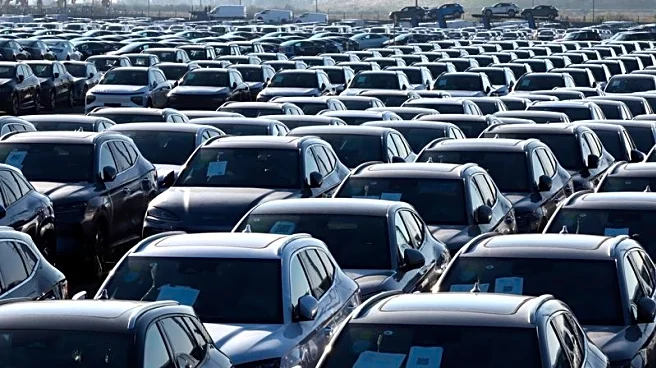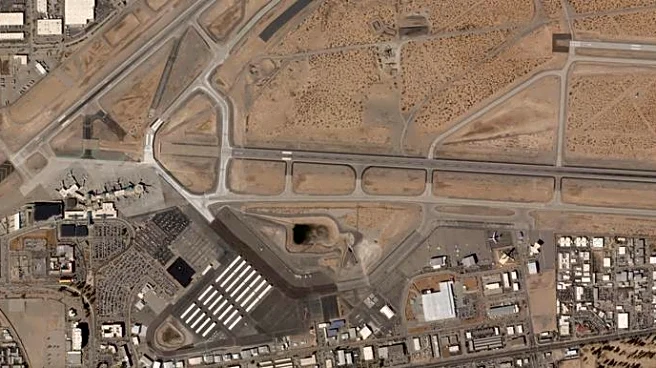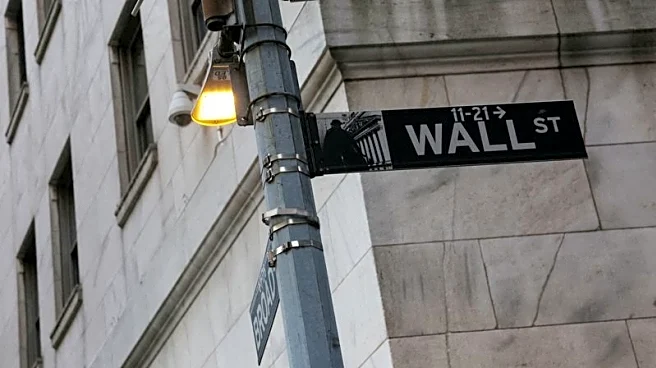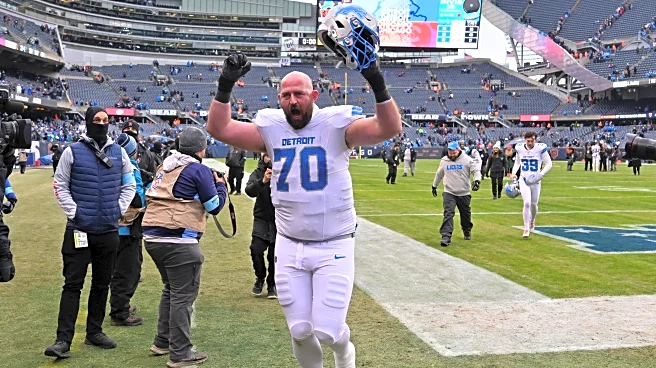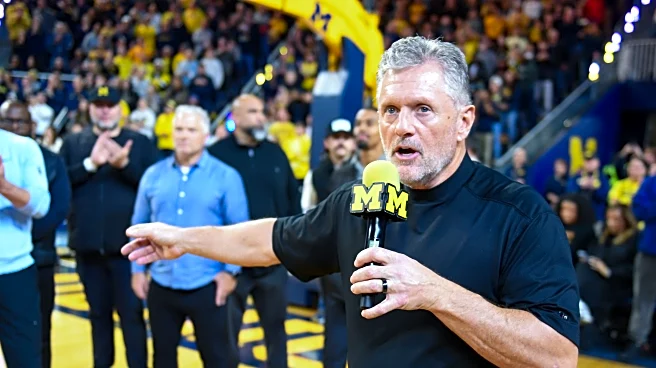What's Happening?
Brazilian President Luiz Inácio Lula da Silva and UN Secretary-General António Guterres are participating in the COP30 climate talks in Belem, Brazil, aiming to accelerate progress on key climate issues.
Despite their presence, negotiators have yet to reach agreements on several critical topics, including the transition to renewable energies and the phase-out of fossil fuels. Lula emphasized the need for countries to reduce fossil fuel usage and transition at their own pace, with financial assistance available. The talks are focused on creating a roadmap for transitioning to renewable energies, with a deadline set for Friday. However, negotiators have missed previous deadlines, and contentious debates continue over the details of climate aid and trade barriers related to climate change.
Why It's Important?
The COP30 climate talks are crucial for advancing global efforts to combat climate change. The discussions aim to establish a detailed roadmap for phasing out fossil fuels, which is essential for meeting the global warming limit set by the Paris Agreement. The outcome of these talks could significantly impact international climate policies and the financial commitments of wealthy nations to support climate initiatives in developing countries. The presence of high-profile leaders like Lula and Guterres underscores the urgency of these negotiations, as they seek to bridge gaps between nations and ensure that commitments made in previous climate agreements are implemented effectively.
What's Next?
As the COP30 talks continue, negotiators face pressure to finalize agreements on key issues before the scheduled conclusion on Friday. The focus will be on reaching consensus on tougher climate plans, the distribution of pledged climate aid, and improving transparency in climate progress reporting. The success of these talks could pave the way for more ambitious climate actions and financial commitments from developed countries. Stakeholders, including governments, businesses, and civil society groups, will be closely monitoring the outcomes, which could influence future climate policies and international cooperation.
Beyond the Headlines
The COP30 talks highlight the ongoing challenges in global climate negotiations, particularly the reluctance of some wealthy nations to fulfill their financial obligations. The discussions also bring attention to the need for innovative funding mechanisms, such as the Tropical Forests Forever Facility, which aims to incentivize forest conservation. The broader implications of these talks include potential shifts in energy policies, increased investment in renewable energy infrastructure, and the strengthening of international climate cooperation. The success of COP30 could serve as a catalyst for more comprehensive climate action worldwide.


